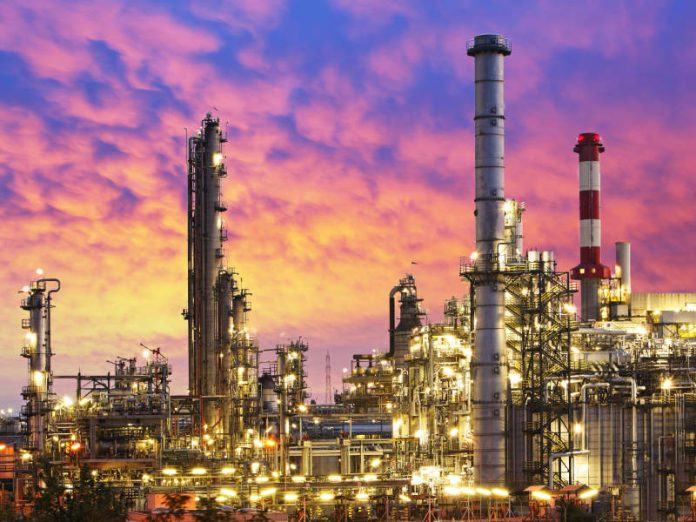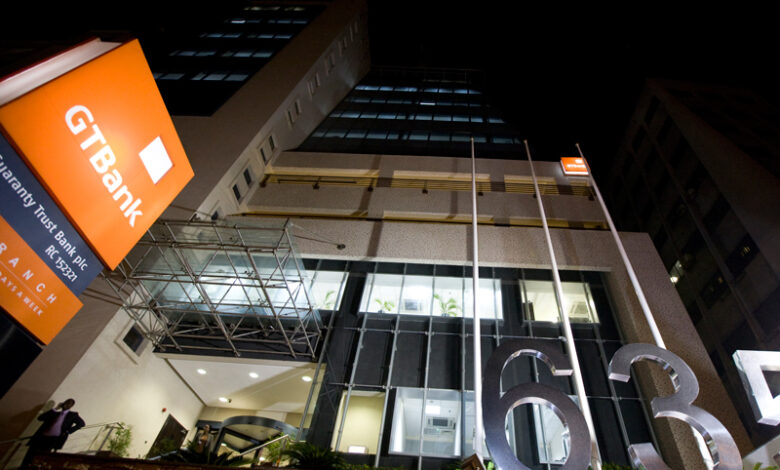Negotiations between the Nigerian National Petroleum Company Limited (NNPC) and Dangote Refinery are progressing with discussions focusing on the supply of refined crude oil products and the pricing models for the Nigerian market.
Dangote Industries Limited, Vice President for Oil and Gas, Devakumar Edwin, revealed his company has agreed to some terms although a comprehensive agreement is still to be ironed out.
Both parties have agreed that at least six to ten NNPC personnel will be stationed in the refinery to oversee both the supply of crude oil from NNPC to the refinery and the production of refined products such as Premium Motor Spirit (PMS), to ensure it adheres to NNPC standards.
Edwin said, “NNPC aims to closely monitor the entire process, ensuring that crude is supplied and processed efficiently while securing a steady flow of PMS for the country.”
This team will also monitor the buyback of refined products in Naira, as Dangote has agreed to sell refined petrol from the 650,000-barrel-per-day refinery in Nigeria’s local currency. The negotiations included a proposal for Dangote to buy crude from the government in Naira and sell PMS in the same currency, though exact figures of pricing and exchange rates remain unresolved.
“We are still in talks with the government about receiving crude in Naira. The discussions are ongoing, and nothing has been finalized yet. Some unresolved issues include the pricing of crude, the pricing mechanism, and determining the appropriate exchange rate for the Naira,” Edwin stated.
Nonetheless, he expressed some disappointment with local oil marketers who he claims prefer to import the products from abroad. The Dangote Refinery claims it can produce up to 54 million liters of refined products daily, well above Nigeria’s daily consumption.
“The whole purpose of doing this refinery in Nigeria was to utilize our local crude instead of exporting raw materials and importing finished products. We should be able to refine and use the finished products within Nigeria and produce more to export the surplus,” he said.
Despite this large capacity at home, Edwin pointed out, local marketers were only purchasing about 3% from Dangote. The remaining 97% percent of the refinery’s production, including diesel and jet fuel, are being exported.
“I’m selling 2% to 3% to small traders who are willing to buy, while the rest 95% to 97% I’m forced to export.”
However, inconsistent local crude supplies from NNPC have also compelled Dangote to rely on imported crude from the United States, Brazil, and other crude oil producers.
Edwin says the refinery’s crucial role in reducing Nigeria’s dependency on fuel imports and generating foreign exchange for the country through exports should have been appreciated by all patriotic stakeholders.
Comment, Like 👍, share this article, and Follow us on our social media handles.








